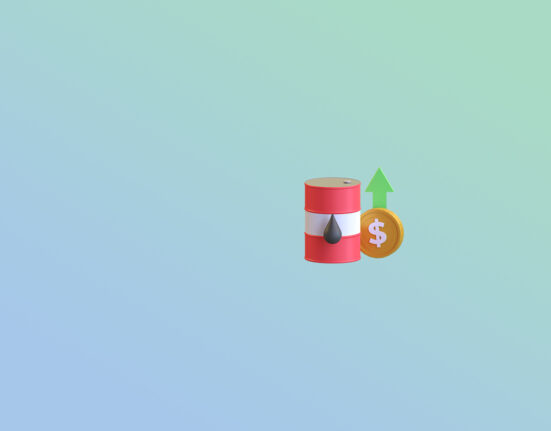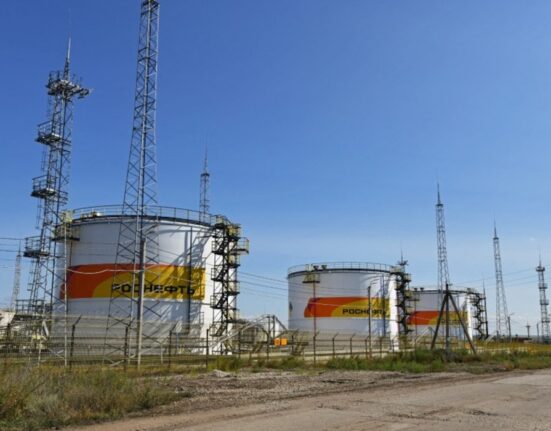The worldwide market for industrial commodities has been under tremendous strain lately, which influences consumers, businesses, and economies all throughout the world. The world economy depends on industrial commodities, which include metals, energy supplies, and agricultural items utilized in production. This article examines the several elements pushing industrial commodity prices upward.
Economic Slowdown and Reduced Demand
The global economic downturn is one of the main causes of the pressure on industrial commodity prices. Reduced industrial activity is the result of economic downturns in major economies like the US, China, and EU. The demand for basic industrial commodities like steel, copper, and oil declines because of this crisis. Prices frequently drop in response to a decline in demand as suppliers try to draw customers into an unfavorable market.
Supply Chain Disruptions
Global supply networks have experienced previously unheard-of disruptions in recent years, mostly because of geopolitical unrest and the COVID-19 pandemic’s aftereffects. Certain commodities may experience a brief shortage because of these interruptions, which would raise prices. But if producers expect demand that does not materialize, they can also lead to excess in other areas, which would pull prices lower.
Geopolitical Tensions
Commodity prices are significantly impacted by geopolitical developments. Supply interruptions can result from disputes, trade conflicts, and political unrest in areas wealthy in commodities. For instance, trade disagreements between large economies can result in tariffs on particular commodities, which can affect their worldwide prices, and tensions in the Middle East might affect the supply of oil.
Environmental Policies and Regulations
The production and use of industrial commodities are subject to stricter laws as environmental protection and sustainable development gain global attention. Production prices may rise as a result of this transition toward sustainability as businesses would need to spend more on greener, cleaner processes. Then, these expenses could be transferred to customers in the form of higher charges.
Technological Advancements
Commodity prices are susceptible to pressure from technological improvements. Methods of extraction and manufacturing can be improved to reduce expenses and boost supply, which might result in cheaper pricing. On the other hand, the discovery of substitute materials or energy sources might lessen reliance on conventional goods, which will affect the market for and cost of such goods.
Speculation and Investment Trends
Furthermore, impacted by speculative investments are commodity markets. Commodities are a popular hedge against inflation and currency depreciation among traders and investors. Commodity prices are susceptible to fluctuations in investment patterns because these markets respond not only to actual supply and demand but also to investors’ speculative activity.












